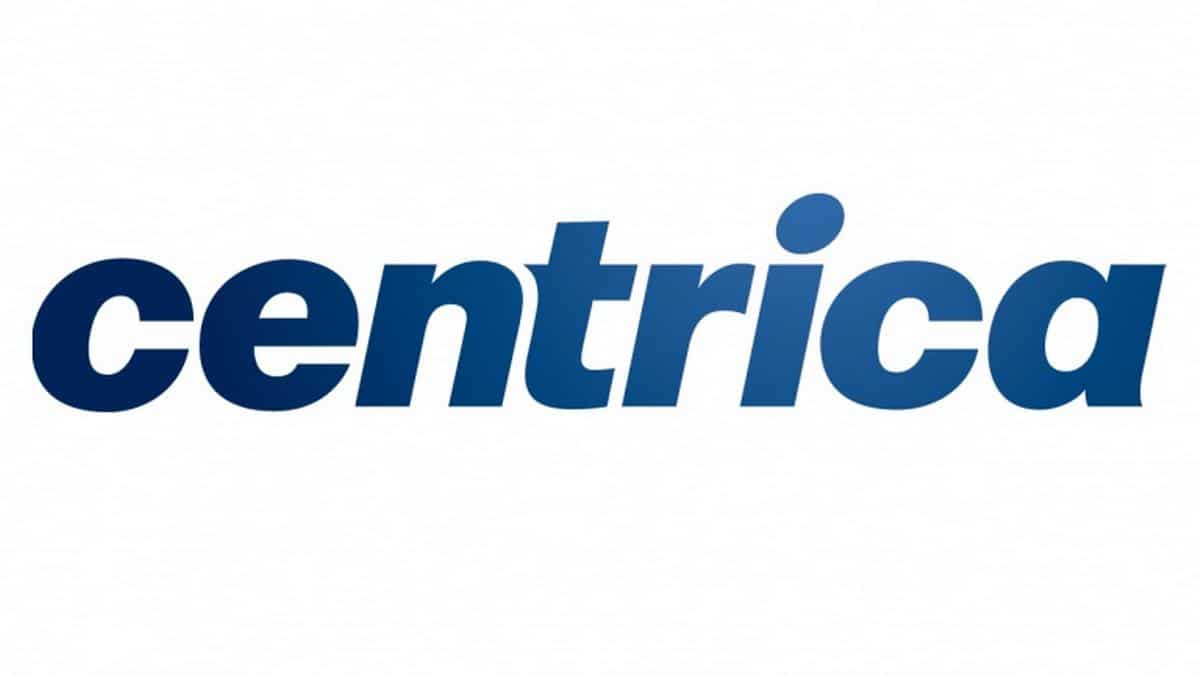As the demand for business energy plummeted during the first half of 2020, revenue dropped to £12.5bn, while underlying profits decreased by around 14% to £343m. Centrica reported an operating loss of £135m after taking into account restructuring costs and impairment charges to the E&P and Nuclear divisions. While this is an improvement on 2019’s loss of £446m, it still won’t be welcome news to any stakeholders in the business.
Plans were announced by the group to sell its US energy supply business Direct Energy to NRG Energy for £2.85bn. This sum would then be used to reduce debt and make contributions to the company’s pension deficit, which stood at £522m. Once approval has been granted from shareholders, the transaction could be completed as early as Q4 2020.
As lockdown restrictions are largely lifted across most parts of the world, prices for commercial electricity and gas are beginning to recover. This will only continue if the sector can avoid a second wave of coronavirus infections. Nonetheless, the group is remaining rightfully cautious as the global economy has suffered greatly. The company is unable to provide a full year guidance as a result of the uncertain market conditions it finds itself in. In early trading, shares did rise by 33.5%.
Centrica has faced a surmountable challenge in the Consumer and Business divisions. This is all while trying to exit oil and gas nuclear operations. The coronavirus pandemic and the oil price crashing earlier in the year has only made these challenges more difficult.
Lockdown restrictions in the UK and recommendations for as many citizens as possible to work from home has caused the demand for business energy to drop off. The increased demand for gas and electricity in the home has seen a steady rise, but it is nowhere near enough to offset this amount. Due to all of this, Centrica is bracing itself for an increase in bad debts and deferred payments as both homes and businesses face imminent financial pressure.
Energy supply through retail channels such as British Gas and Direct Energy make up a large portion of Centrica’s revenues. These are less capital intensive resulting in being more cash generative. Although, the group has found it difficult to make this a reality for its shareholders. New proposals by Ofgem, the industry regulator, also mean that dividends from gas and electricity companies are under threat.
The UK’s energy price cap has also resulted in lower profits for energy firms. Furthermore, a rise in smaller challenger suppliers and price comparison websites have also meant that Centrica’s margins have faced a squeeze. This renewed competition has meant lower prices as customers are harder to keep a hold of.





